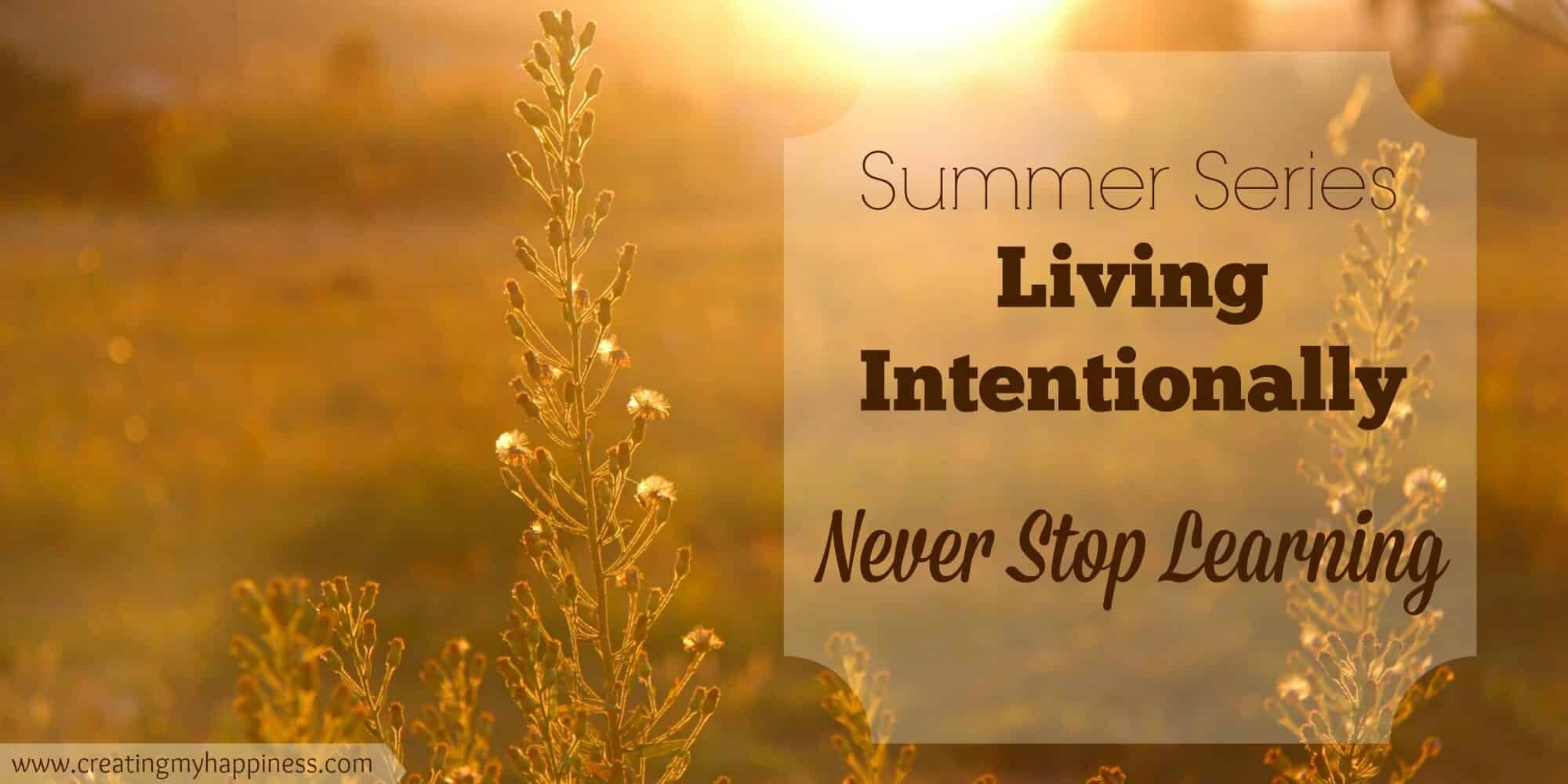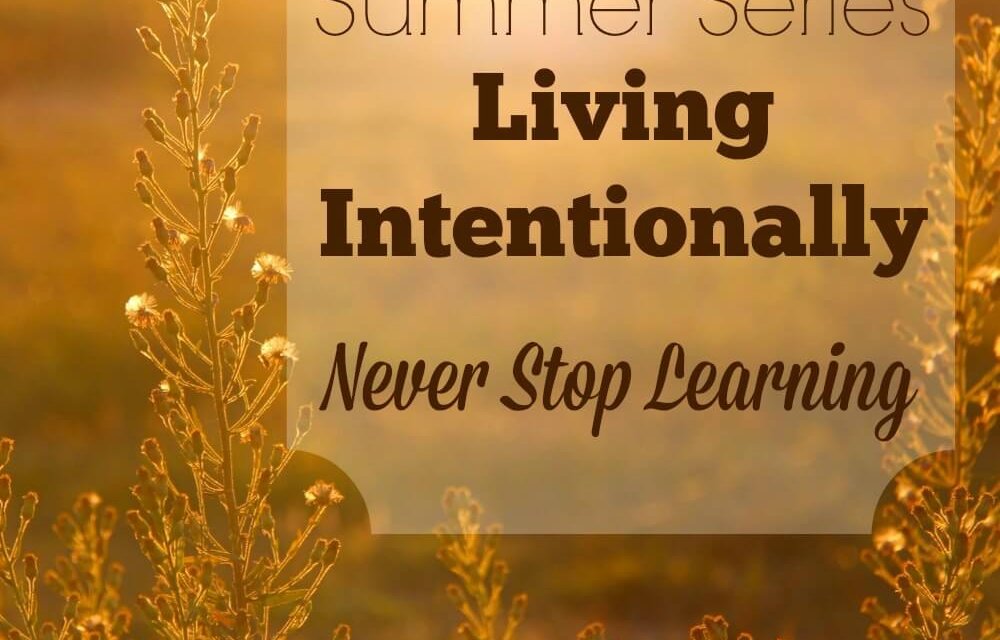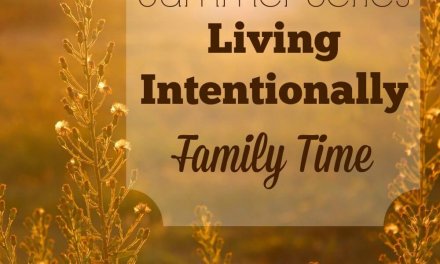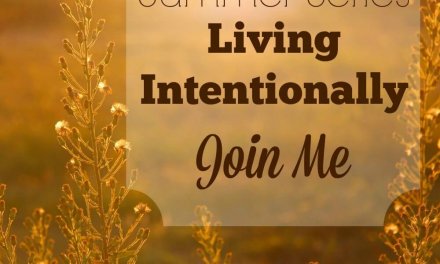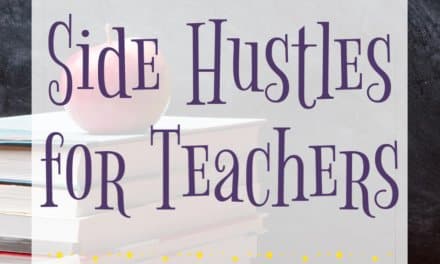Anyone who stops learning is old, whether at twenty or eighty. Anyone who keeps learning stays young. The greatest thing in life is to keep your mind young.
Henry Ford
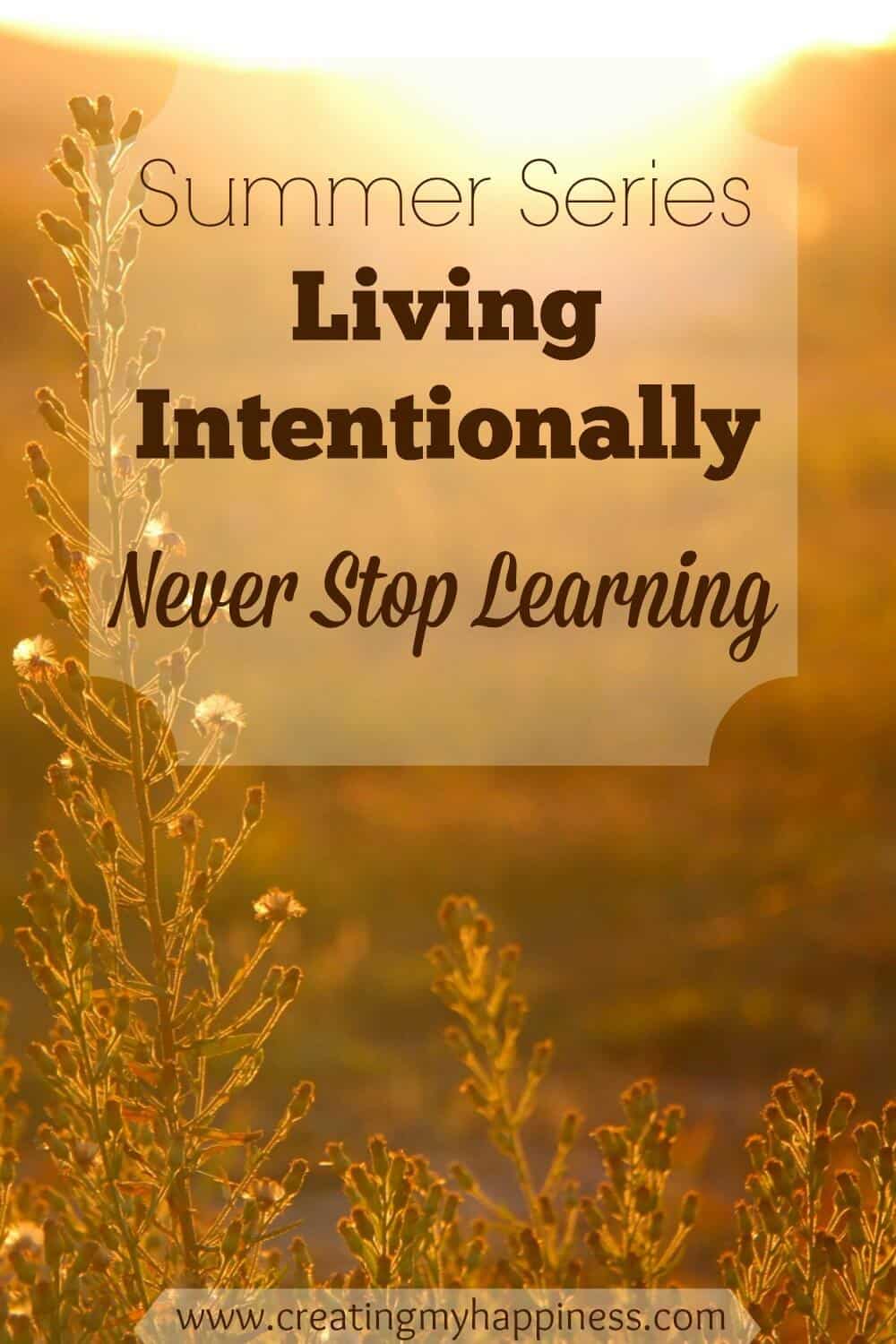
We are natural learners. When we are born our minds are like sponges. We absorb the world around us – language, objects and their purpose, even emotions. We learn about our bodies and what they can do – smiling, waving, walking. We even learn about concepts like trust, safety, and love.
As we grow up learning becomes less innate and more of a “chore”. We begin to think of learning as something we have to do, as opposed to something we get to do. But, really, learning is a gift we can give to ourselves at any time.
Why we Learn
Learning keeps your mind sharp. The brain is like a muscle; if you don’t exercise it, it shrivels and shrinks. There’s a reason retirement villages offer so many classes in painting, crafts, and whatnot… and it’s not because people over the age of 55 suddenly develop an interest in pottery. It’s been proven over and over again that learning, practicing, and mastering a skill are good for people of all ages. Use it or lose it!
Learning is intentional. It’s hard to learn something, really learn it, without intention. It’s something to give your full attention to, to look forward to doing, and give you a sense of accomplishment at the end of the day. Sure there are some with a natural talent, photographic memory, or God-given gift, but even those people would tell you that while their talent made learning easier, greatness stems from intentional, deliberate growth, focused practice, and devotion to learning.
Learning is a confidence booster. There are few things that are more fulfilling than accomplishing something you’ve set your mind to. We experience a great sense of pride when we can say, “I couldn’t do this before, but now I can!”
Learning can save you money. Imagine note having to hire someone to fix every little thing in your house. Or grow your own food. Instead of paying someone else, you can invest in yourself by learning a new skill that can help your family.
Learning makes you more interesting. Not only do you have something to talk about (“Yeah, I’m learning how to play the bagpipes!”), but with every new thing you learn you have something more in common with another person.
What to Learn
What have you always wanted to be able to do? What have you looked at and said, “I wish I could do that.” Learn! Remember there is very little you can’t do if you put your mind to it.
Skills to save your family money: Financial planning, electrical work, plumbing, repurposing furniture, cooking, gardening, canning/ preserving, construction, auto maintenance, home decor, sewing
Ways to make money: Photography, blogging, crafting, crocheting, knitting, Ebay sales, direct sales/ network marketing, child care, fitness certification
Hobbies: Learn a musical instrument, scrapbooking, photography, cooking, gardening, knitting, crocheting, collecting, painting, reading or writing poetry, dance, fitness
Other things to learn: Local history, military reenactment, bird watching, genealogy
The key isn’t really what you learn, just that you keep learning.
Assignment: Learn something! Start small or jump right in, but make time to learn something you’re interested in. Think about what you’d like to know or be able to do. How are you going to learn it?
Next week: Family Time
